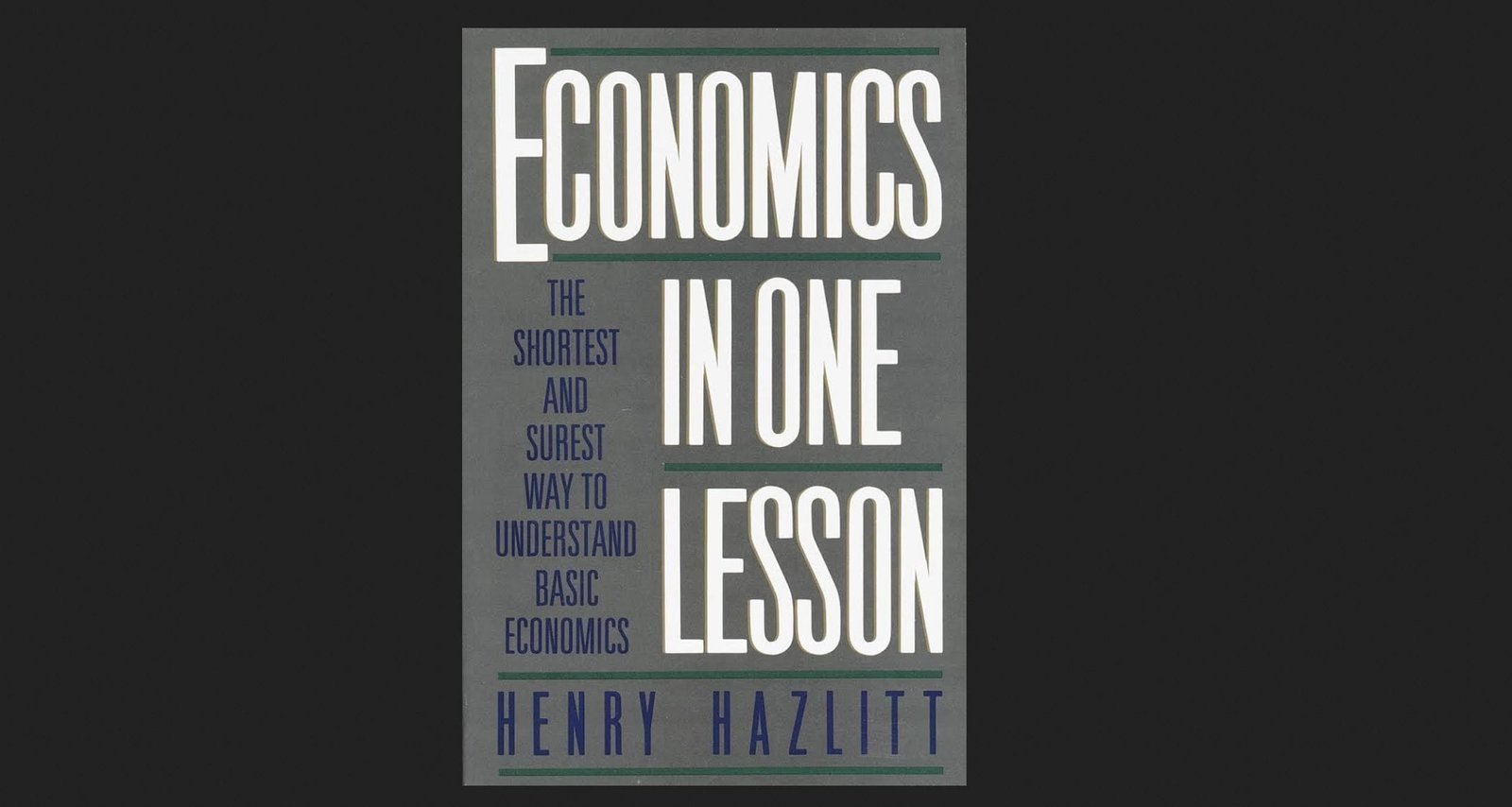A Review of Henry Hazlitt’s “Economics in One Lesson” by George Reisman
Economics, the study of wealth production within a division-of-labor system, is paramount to our well-being and even survival. The division of labor, or specialization of tasks, multiplies the knowledge employed in production, leading to greater overall productivity and wealth creation. A stark contrast is evident between advanced economies like the United States, characterized by extensive specialization and diverse knowledge application, and less developed economies with minimal specialization, where production knowledge is limited to what an individual can encompass. The rise and fall of civilizations often correlate with the degree of their division of labor, underscoring its crucial role in societal advancement.
Despite its significance, the division of labor and its prerequisites are often misunderstood, even by the educated. Its success hinges on specific conditions and can be fostered or destroyed by political choices. Laws and social institutions can either support or hinder its development, as exemplified by the contrasting trajectories of the United States and the late Roman Empire. Informed decision-making in this realm requires a thorough understanding of the division of labor’s mechanics, its requirements, and the factors influencing its progress or decline.
Economics provides this essential understanding. As the dedicated study of wealth production within a division-of-labor system, it reveals the intricate interplay of various factors. Economics, alongside other core subjects, should form an integral part of every individual’s education, not merely for intellectual enrichment, but for the preservation of material civilization. An educated public conversant with economic principles is crucial for shaping laws and institutions that promote the division of labor and overall societal progress.
Without widespread economic literacy, nations risk self-destruction through uninformed policy choices. The United States, for instance, faces this peril by advocating for policies such as fiat money, price controls, excessive taxation, and even the abolition of private property – all without grasping their detrimental impact on the division-of-labor system. The citizenry, although dependent on this intricate system, lacks the knowledge to comprehend the consequences of its actions.
Henry Hazlitt’s Economics in One Lesson provides a powerful antidote to this economic ignorance. Hazlitt, a distinguished economist, masterfully elucidates complex economic principles with clarity and simplicity. He challenges conventional wisdom by exposing the fallacies of popular economic misconceptions, such as the supposed benefits of war and destruction. He emphasizes the interconnectedness of all economic actions and their long-term ramifications, fostering a holistic understanding that transcends narrow perspectives.
Hazlitt’s core message highlights the importance of considering the long-term consequences of any economic policy, not just its immediate effects, and analyzing the impact on all groups, not just a select few. He demonstrates how individual freedom and the pursuit of self-interest, when guided by sound economic principles, ultimately benefit both the individual and society. He tackles critical issues such as unemployment, government spending, taxation, credit, machinery, tariffs, subsidies, the price system, price and rent controls, minimum wage laws, labor unions, inflation, and the crucial role of savings. He underscores the vital link between individual freedom, economic prosperity, and the successful functioning of the division of labor. The book’s richness and depth allow for extensive exploration and discussion, making it an ideal introductory text for economics. Despite its brevity, its concise and impactful presentation effectively conveys fundamental economic principles and inspires readers to rethink their economic perspectives. While some minor theoretical points and concessions to opposing viewpoints may be debatable, the overall value of Economics in One Lesson remains undeniable. It stands as a seminal work, offering an unparalleled introduction to economics and serving as a beacon of clarity in a field often obscured by complexity and misinformation. Its widespread dissemination and influence are crucial for fostering economic literacy and ensuring the continued prosperity of our civilization.
Share this content:












Post Comment